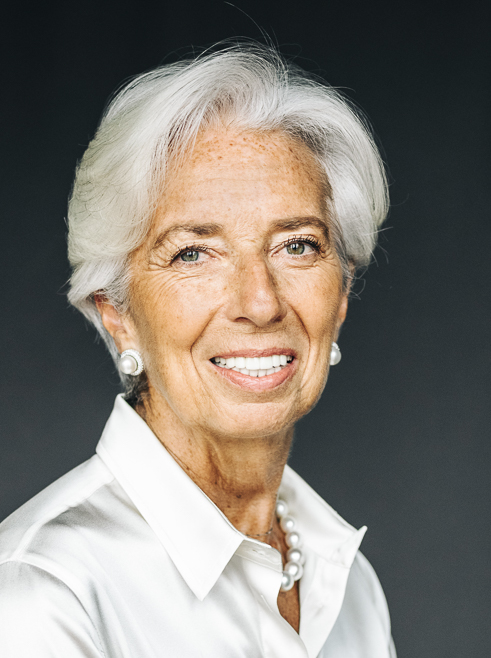- INTERVIEW
Tribute article on Wolfgang Schäuble for Die Zeit
Tribute article on Wolfgang Schäuble for Die Zeit by Christine Lagarde, President of the ECB
3 January 2024
When I think of Wolfgang Schäuble, the first image I see is him sitting across from me at the table of the French cabinet in the Élysée Palace, the first German finance minister to participate in such a meeting. I see him sitting at the negotiating table in Brussels, at one of our many meetings that ran long into the night. I hear the straight talker who never shied away from difficult decisions. I remember the dedicated public servant, a master of diplomacy with the intellectual ability to understand opposing viewpoints. I see a natural statesman with the courage to stand by his convictions as well as the pragmatism to recognise the world as it is. And I see a man of loyalty and kindness.
The recent passing of my dear friend and colleague saddens me deeply, and my heart goes out to his family. Yet I take comfort in remembering his remarkable achievements for Europe. I recall his own words in this regard because they capture his clear commitment to both Germany and Europe: “If a solution is good for Europe, it is good for Germany; and if something is bad for Europe, it cannot be good for Germany.”
Few have done as much for Germany and Europe over such a long period as Wolfgang, with his more than half a century of public service.
As minister of the interior, he was at the heart of Germany’s reunification process. It was a moment of profound change for the country and for all Europeans, and one that had to be handled with great care in view of the sensitivities of neighbouring countries to German history.
Wolfgang understood that one of the best ways for Germany to demonstrate its responsibility to Europe was to share a currency with its neighbours. That was no small matter in a nation so proud of the Deutsche Mark. But he knew that a single currency would bind Europe together and protect the single market against the risk of competitive devaluations, and that this was in Germany’s and in Europe’s best interests.
When Europe’s sovereign debt crisis came, Wolfgang was a calming influence, reminding us that the euro is much more than just a currency. His defence of Europe was unwavering and absolute. Nevertheless, he was always self-reflective, and later asked himself how things could have been done differently, potentially causing less suffering.
Wolfgang’s intellectual rigour stemmed from his ability to combine the subtlety of a diplomat with the attention to detail of a lawyer. It was a quality that put him at the forefront of discussions in the 1990s on how to build a more deeply integrated European framework.
His statesmanship would have been welcome in today’s challenging environment of extreme views. His success did not come through a forceful personality, but from understanding how to find common ground with others. This approach has served Germany and Europe well.
In my experience, Wolfgang’s philosophy was consistent: stay true to yourself and to your democratic institutions. Now is a timely moment to remember that as we remember him.
I will miss my dear friend, and the birthday flowers he sent me over many years!
European Central Bank
Directorate General Communications
- Sonnemannstrasse 20
- 60314 Frankfurt am Main, Germany
- +49 69 1344 7455
- media@ecb.europa.eu
Reproduction is permitted provided that the source is acknowledged.
Media contacts


